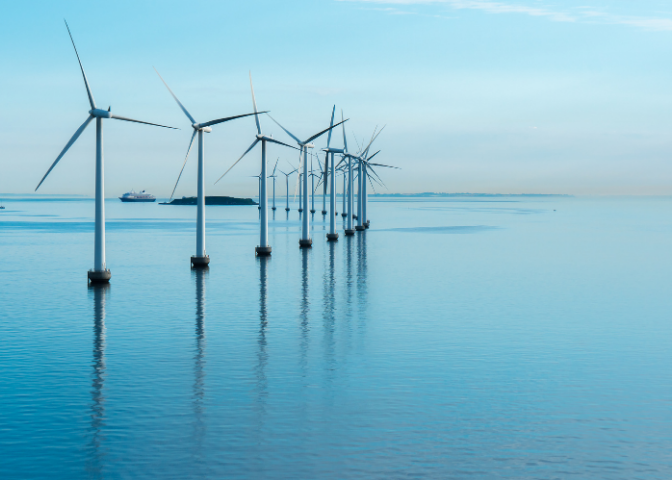The energy sector simultaneously faces the most responsibility and most risk when it comes to climate change. Energy accounts for over two-third of all global greenhouse gas emissions, due to its essential nature to nearly all of the world’s critical functions and infrastructures. What that also means, however, is the energy sector is vulnerable everywhere, especially when it comes to climate change.
Climate change and extreme weather pose an ever-growing threat to the world’s energy systems. They have the potential to damage energy equipment and facilities, interrupt supply chains and operations, and cause major shifts in energy supply and demand. “The resulting disruptions in energy services could adversely affect electric utilities, their customers, and communities, as well as the local and national economy.” In just the instance of the Los Alamos National Laboratory (LANL), one of the largest science and technology institutions in the world, fires in 2000 and 2015 resulted in shutdowns and damages amounting to $331 million and $15.7 million, respectively, not accounting for loss of productivity. Fire is just one of the direct impacts climate change has had on the energy sector, but others include high temperature, intense precipitation, and rising sea levels.
“Addressing the effects of climate change is a top priority of the Energy Department.” These challenges aren’t just up for the energy sector to solve, however. Just as we all rely on energy, we all are responsible to do our part in the fight for the environment. By acknowledging the broad reach energy has on everything from the economy to everyday lives, we owe it to the energy sector to assist in their—and our—commitment to climate. Through providing supporting services that are also climate conscious and cognizant of carbon footprint, we support the effort to continuing outside of the direct Energy sector lane, and allow it to resonate throughout the economy.
“More severe hurricanes, winter storms and cold waves, heat waves, floods, and other extreme weather events have negative implications for the energy sector: both increasing energy demand and reducing energy supply for the Nation.” The energy sector is going to bare the brunt of the effects of climate change, but Concentric Advisors is here to support and share that burden. It doesn’t just impact our lives directly, it is also the right thing to do.






